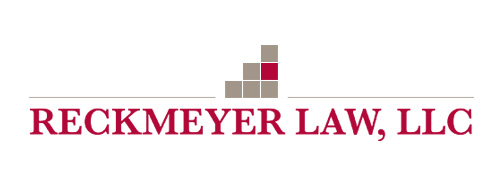
Purchasing a business is a substantial and exciting step in the career of many professionals and entrepreneurs. For many, it may be the first time there’s no more boss to report to. Prospective business owners have a strong desire to work for oneself and benefit directly from personal time, effort, creativity and innovation. Those benefits come from a shift in approach – from day-to-day work to big picture thinking, from working a job to owning a business. At least it should.
Prospective business owners should never purchase a business if they are afraid to get their hands dirty. However, the transition in roles from employee to owner means they shouldn’t have to get their hands dirty every day. That’s not the role of the business owner. Far too often a business valuation includes the day-to-day work of the owner. To capture an accurate assessment of a business, one needs to properly evaluate its value without day-to-day work from the owner. Otherwise a prospective business owner is not buying a business. They are buying a job.
Determining a fair price to pay for an established business is an important starting point for long-term success. Too often buyers make two mistakes:
- Use the wrong basis to value a company.
- Mistake income that the current owner receives from the business, as the value of the business.
Relying on an inappropriate or incomplete business valuation method may result in a dangerously inaccurate valuation. Poor business valuation methods come from many sources, such as imprecise rules of thumb, simple multipliers of past financial results and internet calculators. Investing in a professional business valuation may be a prospective business owner’s most valuable resource. Professional business valuations take into account multiple valuation methods and professional judgment to determine the valuation methods most appropriate for a particular business. Cash flow analysis, valuation of assets, market comparables and adjustments to normalize expenses and income are all used by professional business appraisers.
The selling business owner’s personal income may throw off a precise assessment of the value of a business. The business owner may perform two or three jobs to ensure the business operates at its current income levels. Sometimes the selling business owner is also the company’s biggest sales person. To attain an accurate appraisal, the income derived as a salesperson needs to be cut out from the ownership valuation. Calculating the cost of hiring an employee to do each job performed by an owner offsets this miscalculation and lowers the business valuation.
Small and unique niche businesses may rely on special involvement by the owner to earn income. The departure of an owner may trigger separation and transition costs due to the special relationships and skills of the owner. The underlying business may be reliant on intangible assets for its value and the departure of an owner may leave the business with nominal value.
A goal of every business owner should be to run a business that can operate without the daily involvement of the business owner — whether an owner’s absence is due to vacation, illness or other reasons. A business that runs without day-to-day involvement of the owner frees the owner to focus on strategic, long term planning and matters that add value to the underlying business. A business must be purchased at a fair price to meet a prospective buyer’s income expectations and to allow a business to function without the new owner performing too many day-to-day tasks. A professional business valuation allows the dream of being one’s own boss to flourish.
This article originally appeared in the Milwaukee Biz Times.
